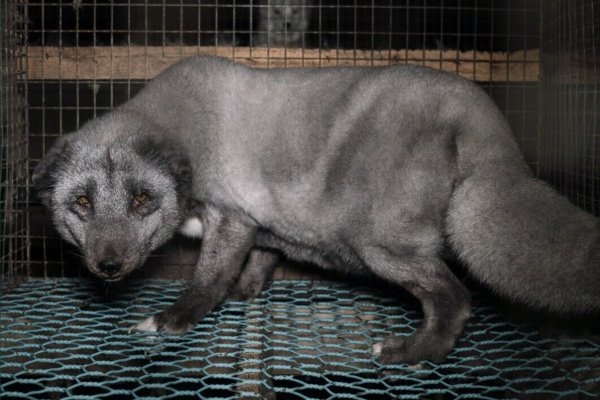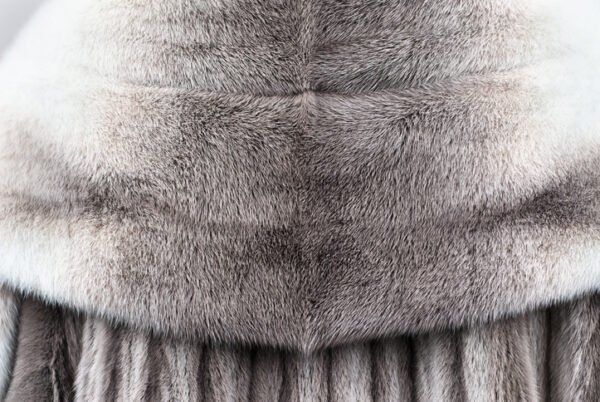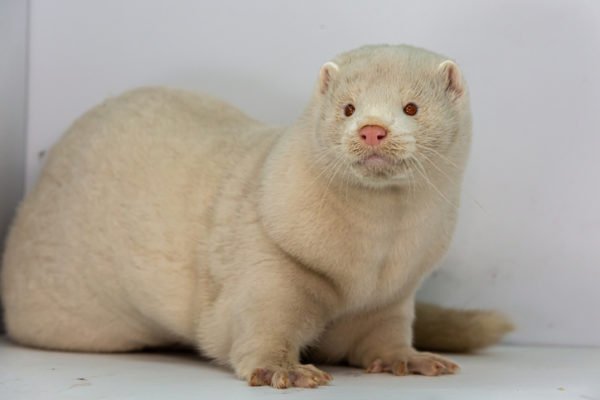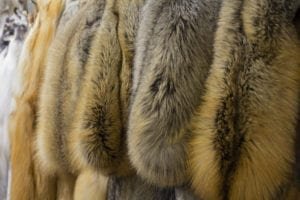#FurFreeBritain
Fur farming has been illegal in the UK since the Fur Farming (Prohibition) Acts came into force in 2003.
Despite this, HMRC records show that £41,970,308 of fur was imported to the UK in 2022, from countries including Italy, China and France.
Humane Society International/UK leads the #FurFreeBritain campaign urging the government to end this double standard by banning imports and sales of fur in the UK.
‘In addition to the appalling suffering animals on fur farms are subjected to as fashion victims, the fur trade also poses a very real danger to public health. These very worrying outbreaks of avian flu on fox and mink farms in Spain and Finland follow many hundreds of outbreaks of the Covid-19 virus on fur farms across Europe and north America, and show that factory farming animals for fur is playing Russian roulette with public health, for an entirely frivolous product.
‘The UK led the way by banning fur farming two decades ago, but to stop being complicit in this cruel and risky trade we need to ban fur imports and sales too. A fur trade ban has the backing of over three-quarters of the public, more than 250 cross-party MPs and Peers, and now virologists are also advising we call time on fur.
‘The government has been dragging its heels on fur for years, but stopping the global fur trade from creating the next pandemic demands decisive and urgent action.’
CLAIRE BASS
Senior director of campaigns and public affairs at HSI/UK
UK fur ban?
National polling in April 2022 shows that 77% of people in Britain think the government should ban the import of animal products such as fur, where the production methods are already banned in the UK.
More than 1.1 million petition signatures have also been gathered.
In May 2021 the UK government launched a Call for Evidence on the UK fur trade, with the stated intention of using the findings to inform possible future action.
Almost 30,000 responses were submitted before the consultation closed in June 2021, but over two years on, officials are yet to release the results or set out a policy response.
Action on animal welfare
Since April 2020, mink on 487 fur farms across North America and Europe have been reported as having tested positive for SARS-CoV-2.
The virus has been shown to pass from mammal to mammal on intensive mink fur farms and reports of farmed mink to human transfer has been reported in at least six countries.
The most recent outbreaks were recorded in Poland in March 2023 and in Italy in April 2023.
In its Action Plan for Animal Welfare in 2021, the government stated: ‘Fur farming has been banned on ethical grounds in England and Wales since 2000, and since 2002 in Scotland and Northern Ireland. Whilst there are existing import restrictions on seal, cat and dog fur, it is still possible to import other fur from abroad, so we will explore potential action in this area.’
 Play Video about This Rock Might Just Save The World
Play Video about This Rock Might Just Save The World Play Video about Play 2 hours of rock
Play Video about Play 2 hours of rock Play Video about Play 2 hours of brook
Play Video about Play 2 hours of brook Play Video about Play 2 hours of sheep
Play Video about Play 2 hours of sheep













































